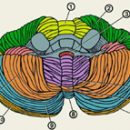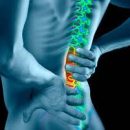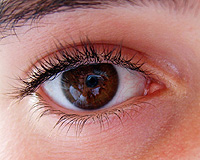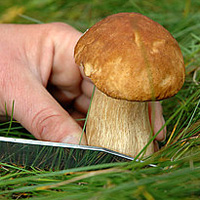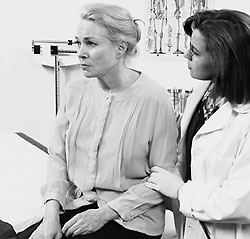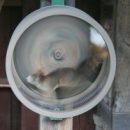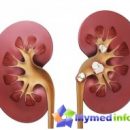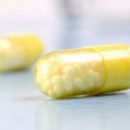Guillana Barre syndrome - a disease requiring reinforced attention. But you do not need to be afraid, fortunately, this is one of the few diseases when you can recover almost completely. Read more about this disease - read the article.
Content
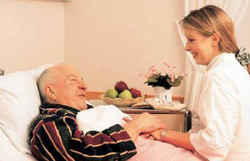 Guillana Barre syndrome (acute polyradiculitis) - a form of acute polyneuropathy, which causes the rapidly progressive weakness of the muscles, sometimes until the development of paralysis.
Guillana Barre syndrome (acute polyradiculitis) - a form of acute polyneuropathy, which causes the rapidly progressive weakness of the muscles, sometimes until the development of paralysis.The cause of this disease is considered an autoimmune reaction: the body's immune system attacks myelin shell. About 80% of people symptoms begin in 5 days - 3 weeks after easy infection, operation or vaccination.
Guillana Barre syndrome is usually manifested first weakness, tingling and loss of sensitivity in both feet, then progresses and spreads upwards. The most obvious symptom is weakness. In 90% of patients with Guienen-Barre syndrome, it develops within 2-3 weeks, and 5-10% of people have breathing muscle, so weaken, which is necessary for artificial ventilation of the lungs. About 10% of patients need to be introduced nutrients (intravenous or through a gastrostomy tube), since the facial muscles and muscles of the pharynx become very weak.
With the hardest form of the disease, blood pressure can fluctuate, heart rate disorders arise or other functions of the autonomous nervous system.
One of the forms of Guillayen Barre syndrome is accompanied by the appearance of unusual symptoms: violation of eye movements, difficulty walking and disappearing normal reflexes. About 5% of people with Guillana Barre syndrome die as a result of this disease.
Hyien Barre syndrome is a severe illness that requires immediate hospitalization, since the patient's condition can deteriorate rapidly. The diagnosis establishment is extremely important, since the earlier treatment has begun, the higher the probability of a positive result.
Patients carefully observe that if necessary, connect the device of artificial ventilation of the lungs. Nurses take measures to prevent lying and injury: use soft mattresses and turn the patient every 2 hours. Avoid muscle atrophy and keep muscle and joint functions and physiotherapy helps.
If the diagnosis is confirmed, the patient is prescribed plasmapheresis (the procedure at which toxic substances is removed) or the infusion of immunoglobulin is removed from the blood. Recently, use corticosteroids recommend not all doctors.
In the syndrome, Guillana Barre often comes spontaneous improvement, but without treatment, recovery takes a long time. If therapeutic measures are taken on time, the patient's condition can improve very quickly - in a few days or weeks. Otherwise, recovery takes many months, but in the end most people are cured almost completely. Approximately 30% of adults (and even more often) is a residual weakness over the next 3 years. After the initial improvement, approximately 10% of patients develop a relapse and a chronic recurrent polyneuropathy is formed.
For the treatment of this permanent form of Guillana Barre syndrome, immunoglobulins and corticosteroids are used. Plasmapheres and medicines are also effective, overwhelming the immune system.

